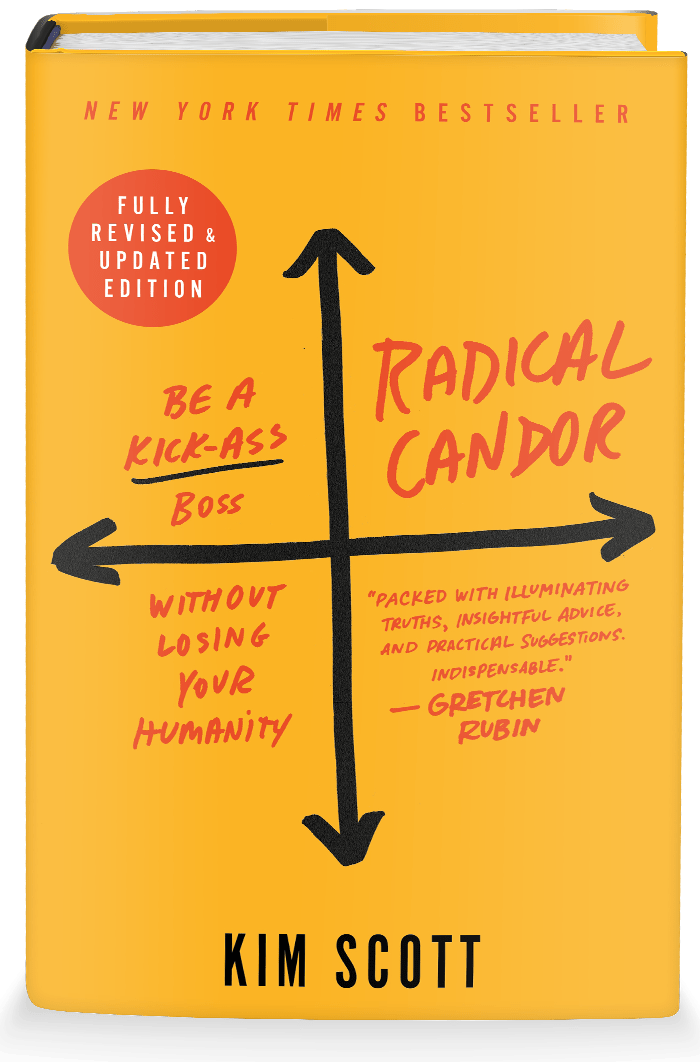Do you want to be here?
Dealing with performance problems is the least enjoyable part of product leadership. Shifting from a parent-child approach to an adult-adult approach can change how this feels for everyone.

This is the play that inspired me to write this playbook. Dealing with performance problems is the least enjoyable part of product leadership for me, and for years I felt the only options were endless coaching or firing. I learned this play from my first coach, Sophia Kristjansson. Shifting from a parent-child approach to an adult-adult approach changed my leadership style substantially.
Context
A PM is burned out, combative, and neglecting the basics of their role. You have been giving steady feedback for some time and are and seeing no improvement.
Discussion
Product Management is an emotionally draining job. PMs can feel like they're fighting against the whole organization to make a decent product and protect the team. This happens especially when a PMs expectations, vision, or roadmap don't match the organization's burning needs.
In Kim Scott's book Radical Candor, we learn that many managers struggle to give useful feedback. Either they challenge directly without caring, or they focus on being supportive without giving direct enough feedback. The latter is called 'Ruinous Empathy' and it's the quadrant I sometimes find myself.
Sometimes you just need to be completely direct.

Play
In a 1:1 setting, invite the PM to decide whether they will solve the problem. Do it with firmness and empathy.
The conversation might take this form:
- At the 1:1, check if there are any urgent issues that need to be discussed before digging in.
- Start directly. "Today I want to talk about your performance."
- Remind them of the feedback you've already given: "We've discussed several problems - your team complains you're prepared, you are not providing Sales with the enablement materials you need, and you haven't updated your roadmap since the summer."
- Refer to the written job expectations: "I want to walk you through the elements of the job you're not doing."
- Ask them what's up. *"Honestly, I want to help you but I'm out of ideas. What do you think is going on here?"
Their response could be either
- sharing a personal issue that you weren't aware of
- making excuses
- acknowledging that they are struggling
Personal Issues
If they share a personal issue (a health problem, a family problem) ask them what acommodation they need and for how long. Offer them a fixed amount of time off and a specific checkin point. Discuss what work they need to offload in order to recover. Write this all down in a shared document with a fixed check-in point. Be compassionate but also set boundaries. It's possible that you will be able to support them through the personal issue.
It's also possible that this issue becomes a chronic one. If a PM is struggling with substance abuse, for example, your bringing up the performance issue may lead to them bringing it under control.
Or not.
If you have a time limit you can limit the damage to the team.
Excuses
If they're making excuses, be careful not to get sucked into this. Remind them that a key part of of the job is dealing with unreasonable stakeholders, quality problems, disruptive salespeople, etc.
The Question
Whether they acknowledge the problem or make excuses, the powerful question is,
Do you really want to be here?
I usually ask the question like this:
I know product management is hard. These things weigh on all of us. This is not the right job for everyone.
Over the weekend, think about whether this company is where you want to be.
If it's time to move on, I will support you in having a smooth transition to whatever's next. And if you decide you want to stay and do the work, I want to support you in that too.*
What comes next
Set a specific date and time to talk again within a few days. Send them home for the day, if you can. Give them some time to think and talk to their partner or friends.
There are three ways this usually goes:
- PM decides to stay, and improves. Sometimes this does happen. One PM really changed his approach, stayed with the company, and a few years later was promoted to a director position.
- PM decides to stay, and does not improve. Or they make an effort for a short while and then slack off again. In this case, you've prepared them well for the possibility that they will leave the team, and you have documentation to support the decision.
- PM decides to leave. In this case, set an end date with them. Depending on how bad the situation is you might choose to let them stop working and pay for a couple of months. But it's better to let them own the departure as their next step. Ideally they leave with their head held high because they have chosen to move to the next stage of their life. Take them out for a goodbye lunch with the team and celebrate the positives of their contributions.
Cautions and Caveats
Often when a PM gets to this point I am angry, annoyed, and frustrated with them. I have to get out of that mode to have this conversation well. Do not go into this conversation until you are really seeing them as a person again, with a high degree of empathy, and truly willing to support them.
If you just want them to leave, and you try this play, they will know it and you will come across as dishonest and manipulative. In these cases you should just work with HR to terminate the contract under the standard formal procedures.
But it is better for everyone when you can approach the situation with radical candor and respect for them as a professional who can choose how they want to engage in the role.
